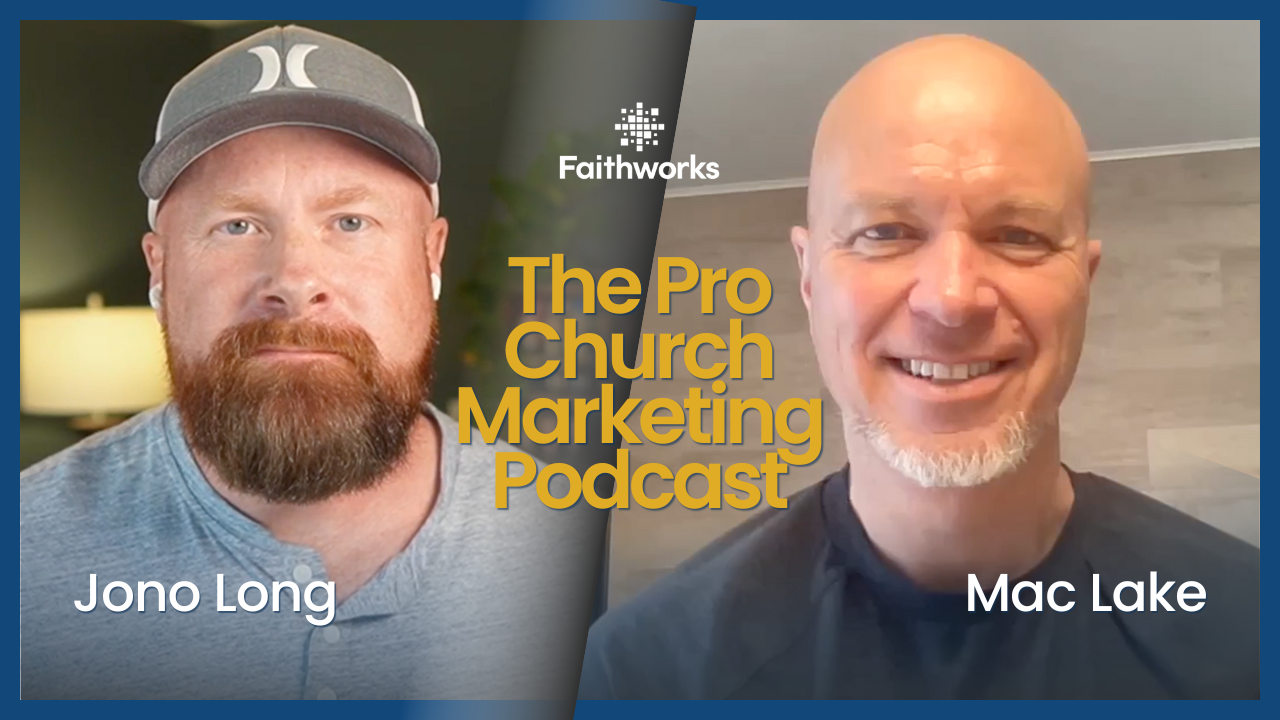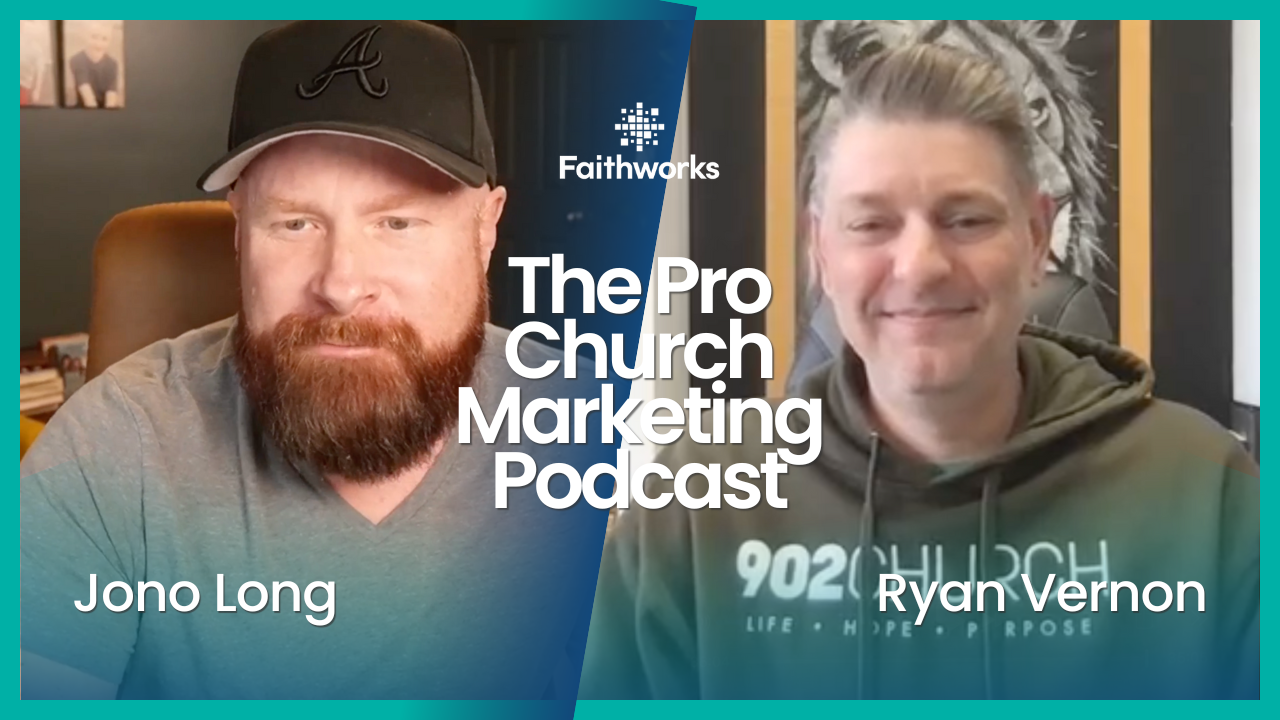How Regular Blogging Can Increase Traffic to Your Church Site
Blogging is a powerful tool for growing your church’s presence online. By regularly sharing blogs on your website, you create fresh content that attracts both current members and newcomers. Each blog post is an opportunity to share the story of your church, highlight upcoming events, or explore deeper aspects of your faith.
Regular updates keep your site interesting and make visitors more likely to return. They offer a way to connect with your community by providing valuable insights and engaging discussions that matter to them. When people search for information related to faith, engaging blog content can guide them to your site.
Faithworks Marketing understands the impact of a well-planned blogging strategy. By focusing on topics that resonate with your audience, you can increase traffic, grow your community, and further your church’s mission. Whether it’s sharing weekly sermons or reflecting on community outreach, your church’s voice becomes a beacon for those seeking connection and deeper understanding.
The Importance of Blogging for Church Websites
Blogging transforms your church website into a lively hub where visitors can learn and engage. Through consistent blogging, you create a dynamic online presence that invites both exploration and interaction. Blogs give your site fresh and valuable content that captures attention. Each post is a chance to showcase your church's personality and mission, making the online experience both informative and welcoming.
Regular updates are key in retaining visitors and attracting new ones. When people know they can find new insights each visit, they become more engaged with your site. Whether sharing thoughts from recent sermons or announcing upcoming events, these updates make your site feel current and relevant. Consistency in blogging also shows dedication to providing meaningful content, which fosters trust and encourages people to return.
Relevant blog content impacts community connection significantly. By addressing topics close to the hearts of your readers, you build a stronger community bond. Blogs serve as a platform where the church can address pressing issues, share joyful moments, and even extend outreach beyond the physical location. This helpful information cultivates a sense of belonging and keeps your audience connected to church happenings and teachings.
Creating Engaging Content
To engage readers effectively, focus on content that resonates within the church community. Consider including a variety of blog post types:
- Sermon Summaries: Offer easy-to-understand summaries or thought-provoking reflections on recent sermons, which allow members to revisit teachings and invite newcomers to understand key church messages.
- Event Spotlights: Share details about upcoming events or highlight past gatherings, encouraging attendance and participation while celebrating community milestones.
- Community Stories: Feature stories of faith and community members' experiences, providing inspiration and strengthening the sense of unity among the congregation.
Addressing common concerns and faith-related questions in blogs adds immense value. This approach helps clear doubts and offers guidance, fostering a supportive environment. By tackling these topics, you offer readers insights and perspectives that help them in their spiritual journeys.
Additionally, use blogs as a space for learning and meaningful discussion. Encourage readers to engage with the content by inviting comments and questions. This interaction transforms static reading into a dialog, deepening relationships and learning opportunities. By creating a welcoming atmosphere for discussion, your church can utilize blogs to reach and impact people both inside and outside the congregation.
Driving Traffic with SEO and Keyword Strategies
Leveraging SEO and effective keyword strategies is pivotal in increasing traffic to your church blog. Keywords play an essential role by helping search engines understand the content of your posts and match it with user queries. Proper keyword usage can significantly boost your search engine rankings and draw more visitors to your site.
When selecting keywords, focus on terms connected to church activities and messages. Think about what people looking for a church might search for online. Use phrases that reflect the main topics of your blogs, such as “community service opportunities” or “faith-based events.” Incorporate these keywords naturally within your content to maintain readability and relevance.
The relationship between consistent blogging and increased visibility in search results is clear. Each new blog post adds another page for search engines to index, providing more opportunities to appear in search results. Over time, the accumulation of targeted content can improve your church website’s authority and reach. This strategy not only brings more visitors but also ensures they find meaningful content related to their search.
Measuring the Impact of Blogging
Tracking the success of your blog is necessary to understand its impact and refine your approach. Use website analytics tools to gather data on how your posts perform. These tools can offer valuable insights into traffic sources, popular content, and user engagement, helping you tailor your strategy.
When interpreting data, look for patterns that highlight what works well. Maybe certain topics consistently attract more readers, or specific types of posts engage visitors more deeply. Use these findings to guide future blogging efforts and adjust your content plan accordingly.
Conclusion
Regular blogging serves as a bridge connecting your church with a broader audience, nurturing relationships both near and far. Through engaging and thoughtful content, you can invite more people to explore your teachings and join your community. By adopting strategic SEO practices and tracking performance, your church’s online presence can grow stronger and resonate with visitors.
If you’re ready to take your church marketing to the next level and foster a vibrant online community, Faithworks Marketing is here to assist. Our experienced
church marketing agency can provide guidance for enhancing your digital outreach. Contact us today!

Latest Posts




© 2025 All Rights Reserved | Faithworks Marketing







